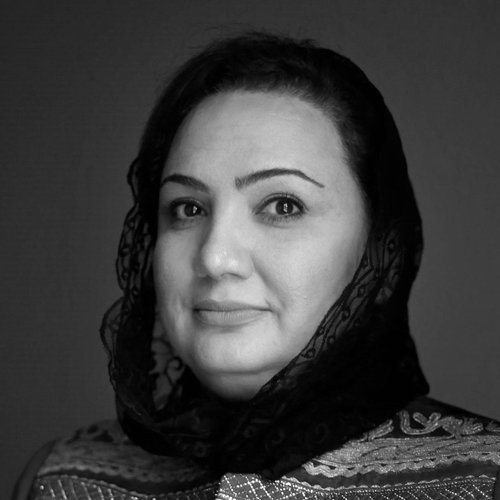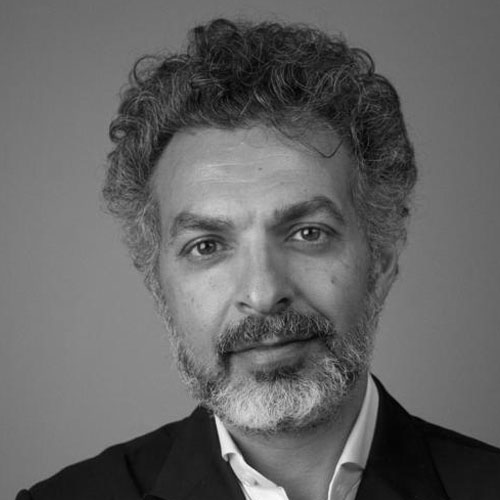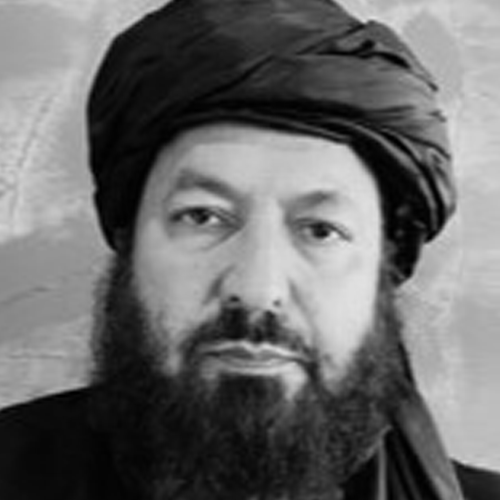World politics have substantially changed since the September 11th attacks. In their wake, George W. Bush declared a global ‘War on Terror’ and called the global effort to defeat terrorism a moral obligation. Soon after, the US announced the invasion of Afghanistan.
The US-led war in Afghanistan was initially meant as retaliation for 9/11. The American reasoning was to punish those responsible for the attacks, namely al-Qaeda, and their Taliban hosts. US troops would continue to remain in Afghanistan on the pretext of ensuring that the country did not pose a security threat to America. The concepts of ‘nation building’ and ‘winning hearts and minds’ were later tacked on to this mandate.
Although Afghanistan had ceased to be a direct security threat to the United States, and the weakened al-Qaeda leader, Osama Bin Laden, was killed by the US in neighbouring Pakistan a decade ago, American forces remained on the ground in Afghanistan until the summer of 2021. The US had brought its NATO allies into Afghanistan, invested heavily in the training of the Afghan army, and supported the Kabul-based government.
Towards the end of the US and NATO presence in Afghanistan, a peace process began with the Taliban. Intra-Afghan talks were launched in Qatar and the US urged both sides to make more efforts to achieve a settlement.
However, after almost two decades of American involvement, there were little palpable returns. The swift collapse of the Afghan government and army in the face of Taliban advances were widely viewed as a testimony to the failure of the American project in Afghanistan. This session will discuss the aforementioned 20 years of conflict, US failures and the potential regional and global ramifications of the Taliban’s return to power.
Discussion Themes
• Why did US ‘nation building’ efforts fail in Afghanistan?
• How will the latest developments in Afghanistan impact the regional and international landscape?
• What is the likelihood of Afghanistan becoming once again a proxy battlefield? Will regional and/or international powers support an active armed resistance to Taliban rule?
• Will Afghanistan’s governance structure be sustainable in the months and years to come?
• What economic challenges as well as opportunities await Afghanistan’s new rulers?
• How will the Taliban deal with dissent, women, minorities, or the media in the long run?
• Can Turkey, a NATO member, offer assistance or mediation efforts to Afghanistan?
Discussants
Mariam Wardak – Founder, Her Afghanistan
Nadir Naim – Chairman of the Board of Directors, Kabul Institute Of Peace
Ali M. Latifi – AJE Kabul Correspondent




